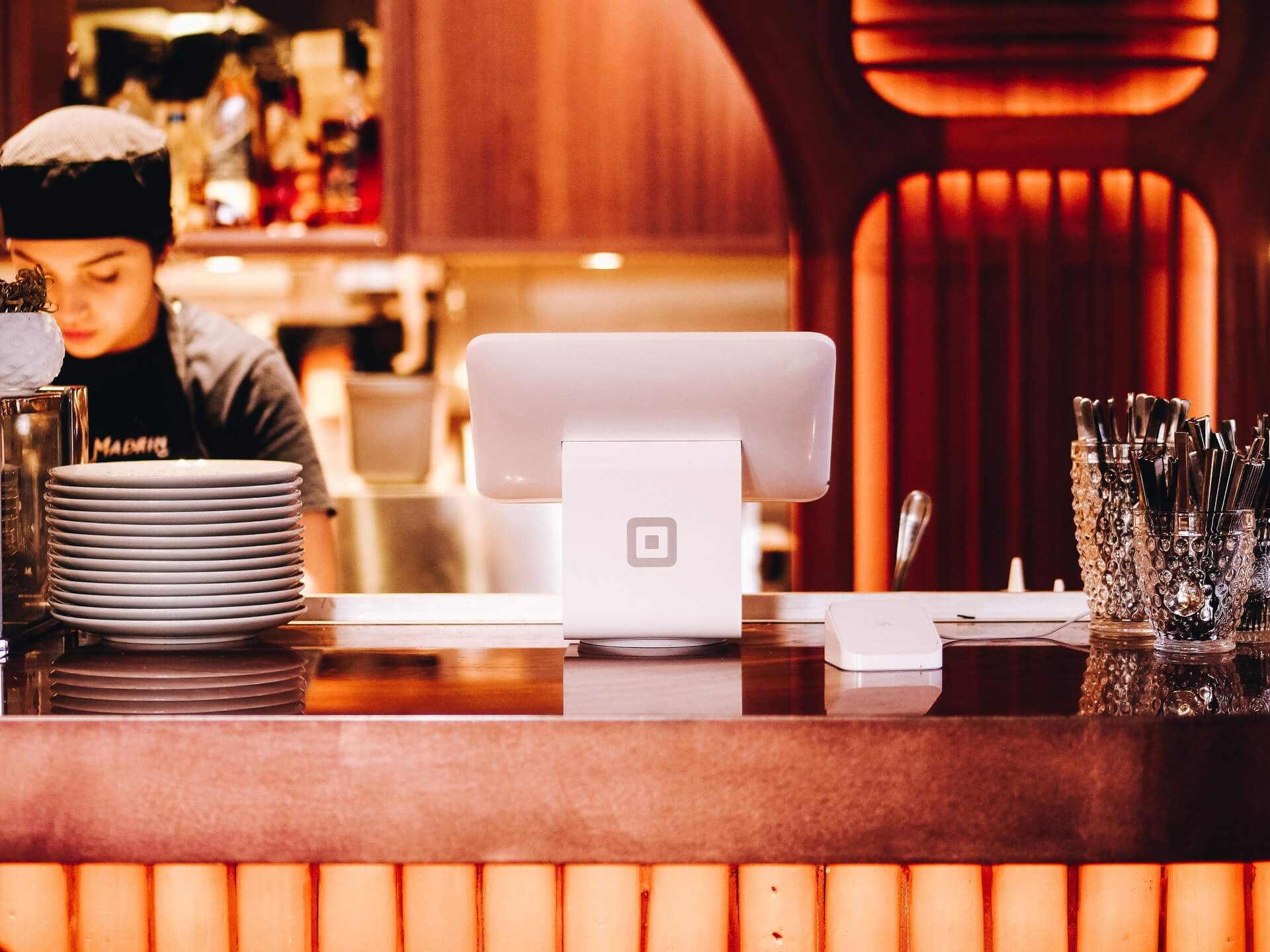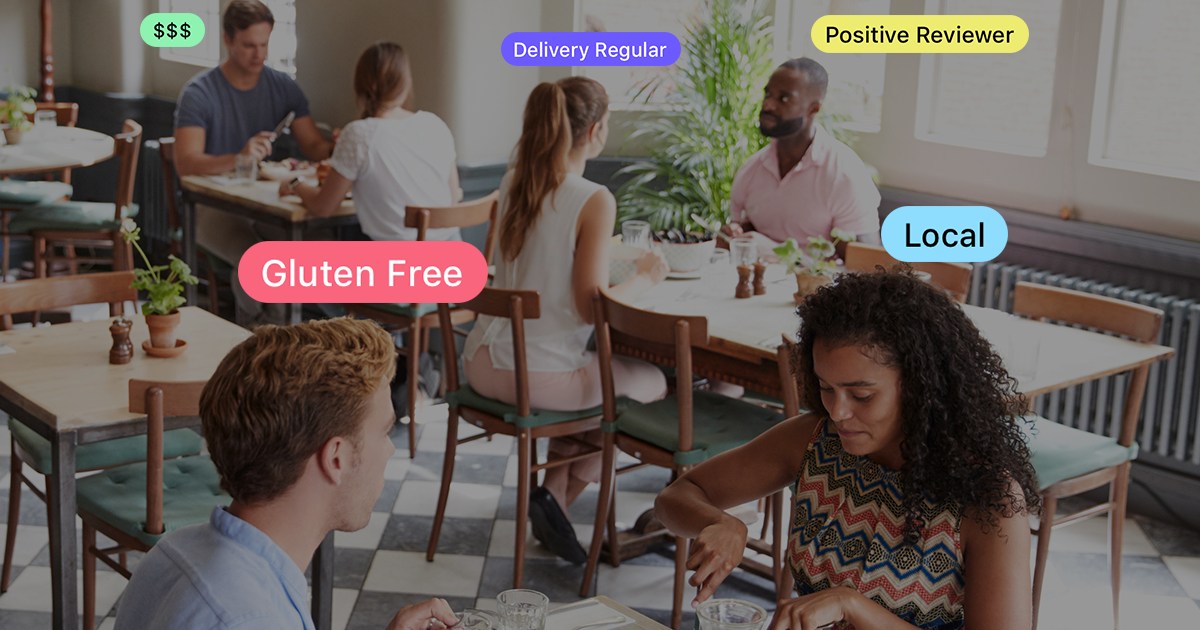Current Restaurant & Bar Restrictions: USA
by David Klemt

According to reporting worldwide, the Omicron variant of Covid-19 is surging and accounting for the majority of new infections.
Scientists, medical professionals, and some lawmakers and politicians are expressing concern. This is due to Omicron apparently being much more transmissible in comparison to other variants.
So far, it appears the current administration isn’t suggesting lockdowns. The CDC isn’t recommending restaurants and bars close down.
And dozens of states are not—for now—imposing new restrictions on people and businesses. However, there are nearly 20 states that have restrictions in place for restaurants and bars currently.
Of course, this situation is fluid and subject to change on a whim. As of the date of publication for this article, this is the currents state of the USA.
No Restrictions
There are, so far, 31 states have no state-mandated restrictions in place:
- Alabama
- Alaska
- Arizona
- Arkansas
- Delaware
- Florida
- Georgia
- Idaho
- Indiana
- Iowa
- Kentucky
- Louisiana
- Maine
- Michigan
- Minnesota
- Mississippi
- Montana
- New Hampshire
- New Jersey
- North Dakota
- Oklahoma
- Pennsylvania (Note: Indoor diners must wear masks. Businesses can require proof of vaccination.)
- Rhode Island
- South Carolina
- South Dakota
- Tennessee
- Texas
- Utah
- Vermont
- West Virginia
- Wyoming
Your state may be on this list. If so, it’s still important to remain knowledgeable of current restrictions and guidelines in your area(s) of operation.
Restrictions
The following 19 states have restrictions in place. Most commonly, these are mask requirements for indoor diners.
- California: Indoor diners must show proof of vaccination in Los Angeles and San Francisco. Regardless of vaccine status, indoor diners must wear masks.
- Connecticut: Unvaccinated required to wear masks indoors.
- Colorado: All indoor diners must wear masks. In Boulder County, businesses can apply to receive an indoor mask exemption if they require proof of vaccination.
- Hawaii: All indoor diners must wear masks.
- Illinois: All indoor diners must wear masks.
- Kansas: Requirements vary by county for indoor dining, so check current local guidelines.
- Maryland: Requirements vary by county for indoor dining, so check current local guidelines.
- Massachusetts: In Boston, indoor diners must wear masks regardless of vaccination status.
- Missouri: Requirements vary by county for indoor dining, so check current local guidelines.
- Nebraska: Requirements vary by county for indoor dining, so check current local guidelines.
- Nevada: Requirements vary by county but for the most part, all indoor diners must wear masks.
- New Mexico: All indoor diners must wear masks.
- New York: Indoor diners must show proof of vaccination, and masks are required to dine indoors. Unvaccinated required to wear masks indoors.
- North Carolina: Requirements vary by county for indoor dining, so check current local guidelines.
- Ohio: Requirements vary by county for indoor dining, so check current local guidelines.
- Oregon: All indoor diners must wear masks. If physical distancing isn’t possible in outdoor areas, masks must be worn by outdoor guests as well.
- Virginia: All indoor diners must wear masks.
- Washington: All indoor diners must wear masks.
- Wisconsin: Requirements vary by county for indoor dining, so check current local guidelines.
So Far, No Lockdowns
Some restaurants and bars have closed temporarily. These decisions are fueled by myriad factors, including spikes in infections in their markets or staff testing positive for Covid. So far, many of these businesses plan to reopen a day or two before New Year’s Eve.
It may be difficult to be optimistic at the moment. However, more than 70 percent of Americans have received one dose of an approved vaccine. Over 60 percent have received two doses. And nearly 20 percent have received a booster.
While alarmed, reporting shows that scientists and medical professionals aren’t anticipating nationwide lockdowns.
Image: Tamanna Rumee on Unsplash








